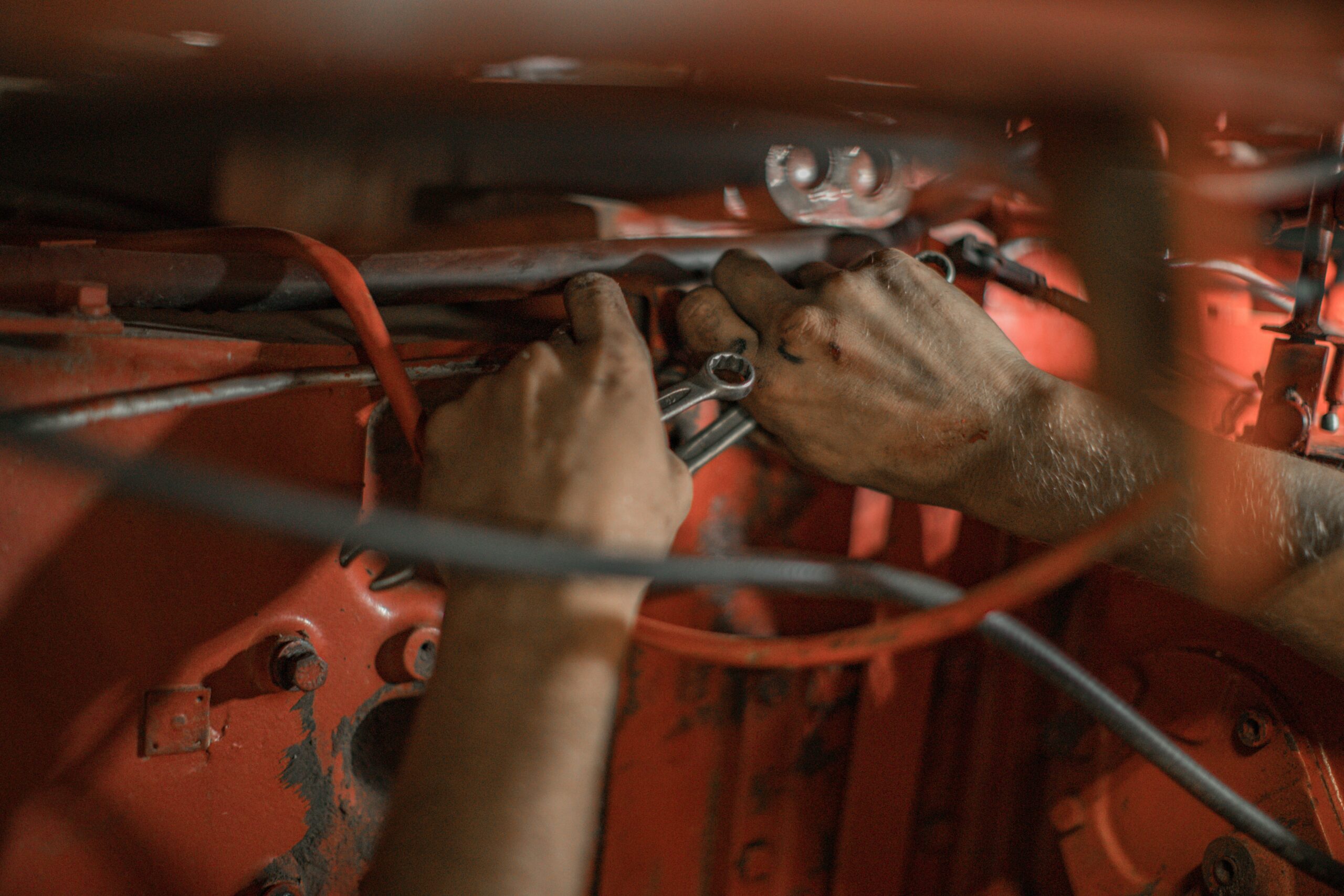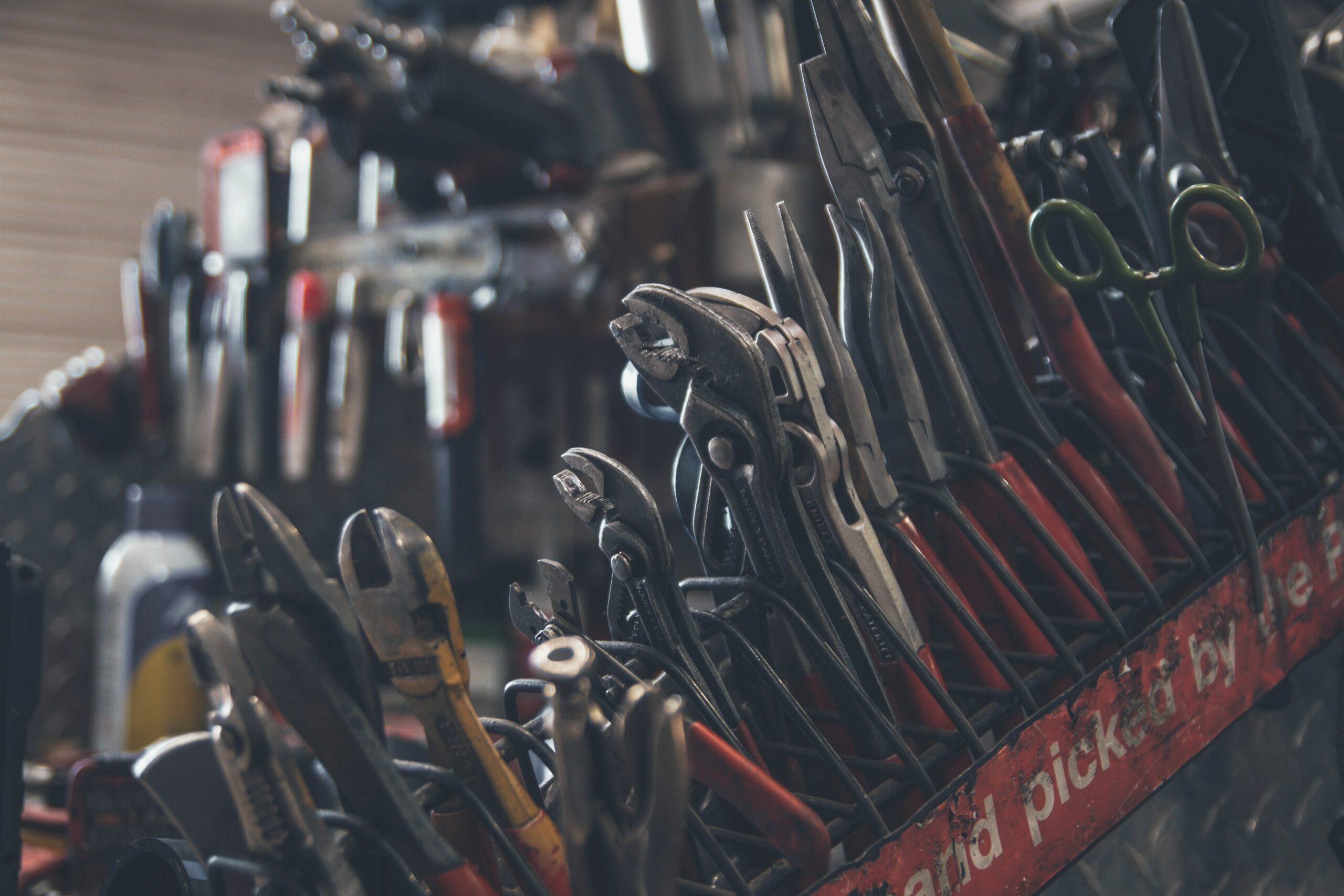It is the type of valve that is utilized in industrial settings at a greater frequency than any other. Additionally, it is one of the valves that is utilized the most frequently for domestic piping and fluid management. In order to exert control over the liquid that is moving through the pipes, a hollow ball is utilized. The valve is considered to be open when the ball hole is aligned in the same direction as the flow. The valve can be manually shut off by turning the handle located on top of the valve. This valve is used in the majority of control and shut-off applications in the industrial sector. They are exceptionally dependable in nature, and as a result, they continue to be in the best form even after extended periods of non-use.
Any one of the valves described above may be appropriate for use within an industry given the right circumstances and tools. There are a number of other varieties of valves, such as gate valves, piston valves, hydrogen valves, and pinch valves, that are also capable of performing the function. The performance of a valve is heavily reliant on the components that it is made out of, specifically the materials. Titanium, chrome, bronze, and brass are the components that make up normally valves.



